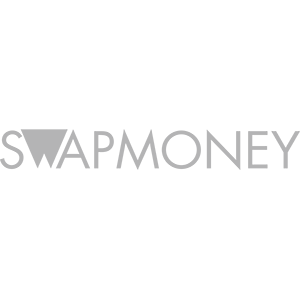Last week, I attended CB Insights’ the Future of Fintech, a fascinating event in NYC, pairing CEOs from top FinTech startups with prominent VCs and some amazing interviewers from leading media to analyze FinTech trends. It wasn’t your typical high-level fluff event, the roundtables went deep, the CEOs were charismatic and futuristic, and the audience was deeply engaged.
I’d like to share highlights from two of my favorite sessions:
Anand Sanwal, CEO of CB Insights, posed the question: what if Amazon entered banking? The key here wasn’t to scare the audience, although that may have been the first reaction. The more interesting question was what would banking look like if Amazon took its customer-centric approach and applied it to the bank of the future?
Just a few likely outcomes:
- They’d use their economies of scale to pass down more value and lower cost to all customers, regardless of size.
- There would be a public rating system for financial services companies and their products.
- They’d use data to recommend the right financial products for every individual.
So, what happens to financial services in the post Amazon world? Those who focus on the customer win! They win by having the best reviews, by perfectly matching their value propositions to customer needs, and by passing on savings to customers as they grow. This is in line with other FinTech trends. Exciting times, right? The best part is, banks have a hard time making that transformation in a bubble and are therefore partnering with FinTech pioneers that are trailblazing the way.
Paying $10 for a stock trade is like paying $10 for an email
Another great interview was one conducted with Vladimir Tenev, CEO of Robinhood, the commission-free stock investing app. The moderator asked, how can you offer free trades and everyone else charges $10, don’t you have trading costs yourself?
Vladimir explained that the physical New York Stock Exchange is more like a museum at this point. We’re conditioned to picture high-powered traders making hand signals on exciting and crowded trading floors. But in reality, all the trading today takes place in data centers across the river in NJ. These computers place millions of trades a second and the costs have been driven down to almost zero. “Paying $10 for a stock trade is like paying $10 for an email,” said Vladimir. It doesn’t remotely reflect the actual cost and without the competitors like Robinhood entering the market, the incumbents had no incentive to lower fees.
But Robinhood didn’t make it cheaper, they made it free. So, how do they ever plan to make money? Well, continued Vladimir, Robinhood recently launched a paid premium service with new bells and whistles requested by their most active users. They had 3x the forecasted signups in the first month, blowing away all expectations. They raised their last round at a $1.3B valuation and are one the newest unicorns in FinTech.
So, what did we learn?
Tech companies are still a tiny sector of the market but they’re the teachers of the new generation of bankers. The most successful new players differentiate themselves by making financial services simple, affordable and on demand. This is the crux of FinTech trends we are now seeing. Once a company has a captive audience of obsessed users, the monetization is far easier because they know what audience they’re building for and what problems those users are willing to pay to have solved.
__
Currencycloud was named alongside Robinhood, Stripe to CB Insights’ prestigious Fintech 250, a select group of emerging private companies recognized for their innovative technology. Read the full press release here.
To keep up with more news or our latest insights follow us on LinkedIn and Twitter.




